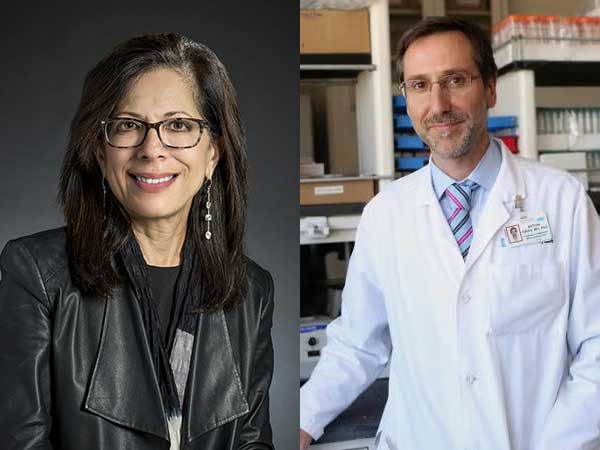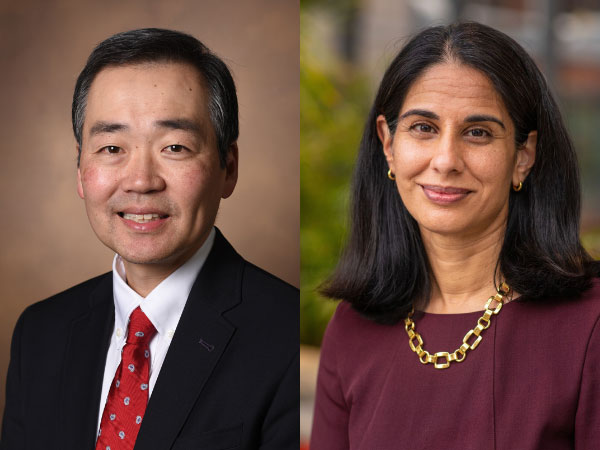

Phillip A. Sharp, fellow of the AACR Academy and Nobel Laureate, received the 17th AACR Award for Lifetime Achievement in Cancer Research.
Sharp, an institute professor at Massachusetts Institute of Technology’s David H. Koch Institute for Integrative Cancer Research, is being honored for his body of groundbreaking and high-impact basic research, including his seminal co-discovery of RNA splicing.
For this discovery, Sharp was awarded the 1993 Nobel Prize in Physiology or Medicine, along with Sir Richard J. Roberts. This body of research fundamentally changed scientists’ understanding of the structure of genes, shaping our understanding of RNA biology and our knowledge of the genetic causes of cancer and other diseases.
After first describing the phenomenon of RNA splicing, Sharp’s work focused on elucidating the biochemical mechanisms of RNA splicing and mammalian transcription. Today, his research continues to enhance our understanding of RNA structure and function and has been particularly focused on defining the biology of small RNAs and other types of noncoding RNAs. Additionally, his research has led the emerging field of convergence science for many years, resulting in the generation of the first CAS9 mouse model, which has proven vital to in vivo screening experiments dedicated to identifying genes involved in metastasis. To date, Sharp’s career publications in peer-reviewed journals total more than 440.
Sharp’s scientific influence extends far beyond his research accomplishments and has informed public policies and funding decisions at the nation’s highest level. Additionally, he has been an inspiration and mentor to more than 90 postdoctoral fellows and almost 40 graduate students, many of whom are now preeminent scientists in their respective areas of expertise.
Sharp, an AACR member since 1986, was elected to the inaugural class of the Fellows of the AACR Academy in 2013 and has been Chair of the Stand Up To Cancer (SU2C) Scientific Advisory Committee for more than a decade, leading the selection of 26 “Dream Teams” of top researchers and other SU2C research groups. The AACR is the Scientific Partner of SU2C. Further he served as program chair of the AACR’s Inaugural Special Conference in 1988. That conference, “Gene Regulation and Oncogenes,” has been characterized as a watershed meeting that stimulated novel, transformative thinking about the molecular biology of cancer.
Sharp co-founded Biogen and Alnylam, both of which have developed therapeutics including rituximab and obinutuzumab for lymphoma, natalizumab and peginterferon for multiple sclerosis, and the first small interfering RNA-based therapy for transthyretin-mediated amyloidosis.
The AACR Award for Lifetime Achievement in Cancer Research was established in 2004 to honor individuals who have made significant fundamental contributions to cancer research, either through a single scientific discovery or a collective body of work. These contributions, whether they have been in research, leadership, or mentorship, must have had a lasting impact on the cancer field and must have demonstrated a lifetime commitment to progress against cancer.








